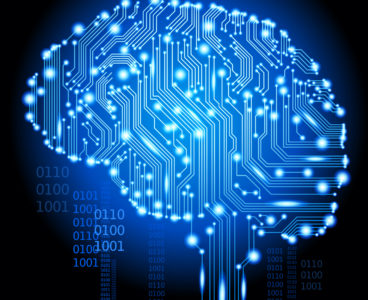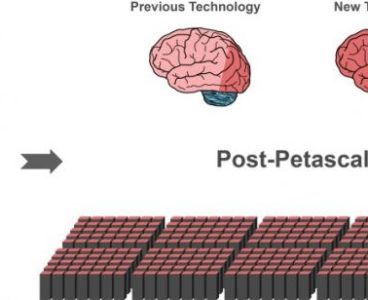
Supermassive Black Holes and Supercomputers
The Big Bang has captured our imagination like no other theory in science: the magnificent, explosive birth of our Universe. But do you know what came next? Around 100 million years of darkness. When the cosmos eventually lit up its very first stars, they were bigger and brighter than any that have followed. They shone…
Oldest-Known Aquatic Reptiles Probably Spent Time on Land
The oldest known aquatic reptiles, the mesosaurs, probably spent part of their life on land, reveals a new study published in Frontiers in Ecology and Evolution. The fossilized bones of adult Mesosaurus share similarities with land-dwelling animals, which — coupled with the relative scarcity of land-weathered fossilized remains of large specimens — suggests that older mesosaurs…
Breakthrough in Construction of Computers for Mimicking Human Brain
Stem Cells From Adults Function Just as Well as Those From Embryos
Asthma and Hay Fever Linked to Increased Risk of Psychiatric Disorders
Researchers Find Algorithm for Large-Scale Brain Simulations
An international group of researchers has made a decisive step towards creating the technology to achieve simulations of brain-scale networks on future supercomputers of the exascale class. The breakthrough, published in Frontiers in Neuroinformatics, allows larger parts of the human brain to be represented, using the same amount of computer memory. Simultaneously, the new algorithm significantly…
New Link Found Between Gut Bacteria and Age-Related Conditions
A Super-Algae to Save Our Seas
Study Shows Video Games Can Change the Brain
Corn Yield Modeling Towards Sustainable Agriculture
With an innovative modeling approach, researchers set out to examine corn and soybean yields and optimal nitrogen (N) fertilizer rates. In their study, recently published in Frontiers in Plant Science, they uses a 16-year long-term dataset from central Iowa, USA, with a state-of-the-art simulator that modeled corn and soybean yields, improving predictions of optimal N fertilizer…
Touchscreens May Boost Motor Skills in Toddlers
Does your toddler use a touchscreen tablet? A recent study published in Frontiers in Psychology has shown that early touchscreen use, and in particular actively scrolling the screen, correlates with increased fine motor control in toddlers. Smartphones and tablets are now commonplace at work and in the home. If you are reading this on your morning commute…










